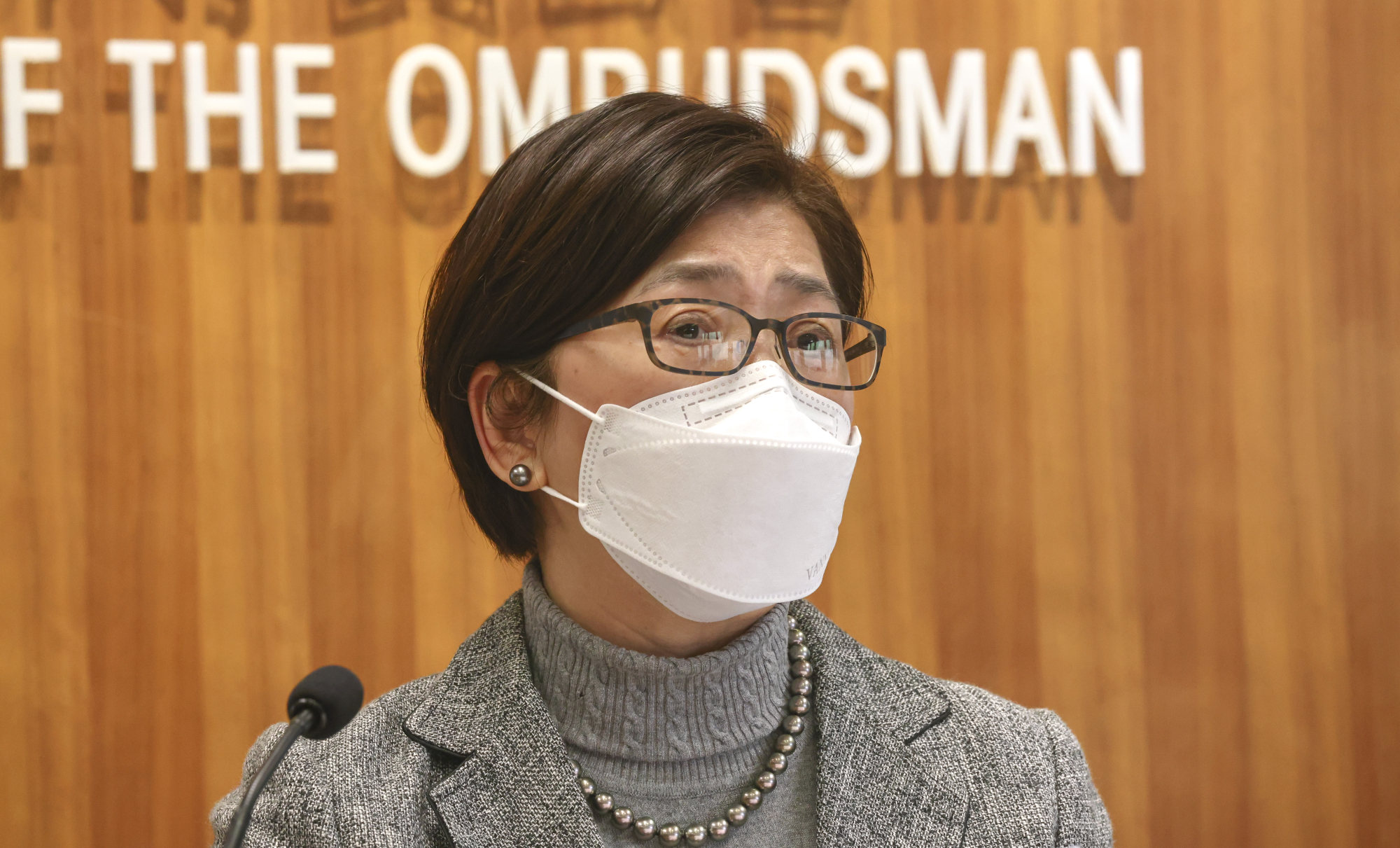
Hong Kong ombudsman probe finds ‘serious’ delays in repair of public outdoor recreational venues, with up to 37% taking over 3 months
- Contractors failed to complete up to half of projects on time between 2018 and 2022, ombudsman finds
- Office calls on government to create practice guides outlining list of routine inspections to help frontline staff better assess damage
An investigation by Hong Kong’s ombudsman has revealed “serious” delays in the repair of outdoor recreational venues managed by the Leisure and Cultural Services Department, with up to 37 per cent of the works taking more than three months to complete, including one that lasted nearly two years.
The Office of the Ombudsman attributed the hold-ups to insufficient monitoring of the contractors and urged the department to improve efficiency and avoid awarding projects to just one service provider.
But the department argued that outdoor repair works were easily affected by external factors, including extreme weather conditions, as well as incidents such as the 2019 social unrest and the Covid-19 pandemic.
“The office’s investigation found that some frontline staff [from the department] had failed to discover during day-to-day inspections some prolonged or serious damage in facilities and report it in a timely manner,” Ombudsman Winnie Chiu Wai-yin on Thursday said.
“There are also inadequacies in the repair work arrangement and monitoring of contractors’ performance and improvement is needed.”

The one-year investigation found that contractors hired by the department on average took 2½ to three months to finish repairs on the outdoor facilities between 2017 and 2021, much longer than the time limit of 14 to 60 days.
In the longest delay, which was reported to authorities in 2017, the repairs took more than 700 days to complete.
Between 2017 and 2021, 25 to 37 per cent of the repair works carried out each year took more than three months to complete.
During the same period, the proportion of repairs that fell behind schedule climbed from 9 per cent to 50 per cent, peaking at 55 per cent in 2019.
The overall situation improved slightly in 2022, with the average repair time dropping to two months, but half were still delayed.
Hong Kong ombudsman probes government online record management after complaints
About 30 to 60 per cent of all repairs were carried out by contractors other than the department’s usual ones because of the special nature of the damage, but the performance was no better.
About 25 to 50 per cent of the repairs handled by those contractors were delayed each year.
In one case, a regular contractor that was awarded more than 1,900 projects between 2017 and 2019 fell behind on 45 per cent of them, leading to more than 1,200 warnings from the department. The company paid about HK$700,000 (US$89,600) in compensation.
The department only cancelled some of the orders and gave them to other contractors after the delays stretched longer than one year, a move the Ombudsman described as “very lenient”.
The watchdog also found that the performance of the contractors was not fully reflected in the appraisal reports submitted to the Development Bureau, with some being graded “satisfactory” multiple times despite dozens of delays.
Ombudsman slams hygiene authorities’ efforts to clean up Hong Kong’s streets
Site visits found some facilities were in a dire state, including playgrounds where the damage was severe enough to pose a risk to children, but the matter was not reported by frontline workers during regular inspections or cordoned off.
The watchdog recommended the department come up with guides that listed routine inspection requirements to help staff better assess damage and whether temporary safety measures were needed.
The department was also advised to examine the reasons for delays and ask contractors to report the progress proactively, instead of simply issuing reminders or warnings after delays were identified.
It should also review the contract terms and consider hiring more companies to carry out the work, the watchdog said.
In response to the findings, the department said it generally accepted the recommendations.

